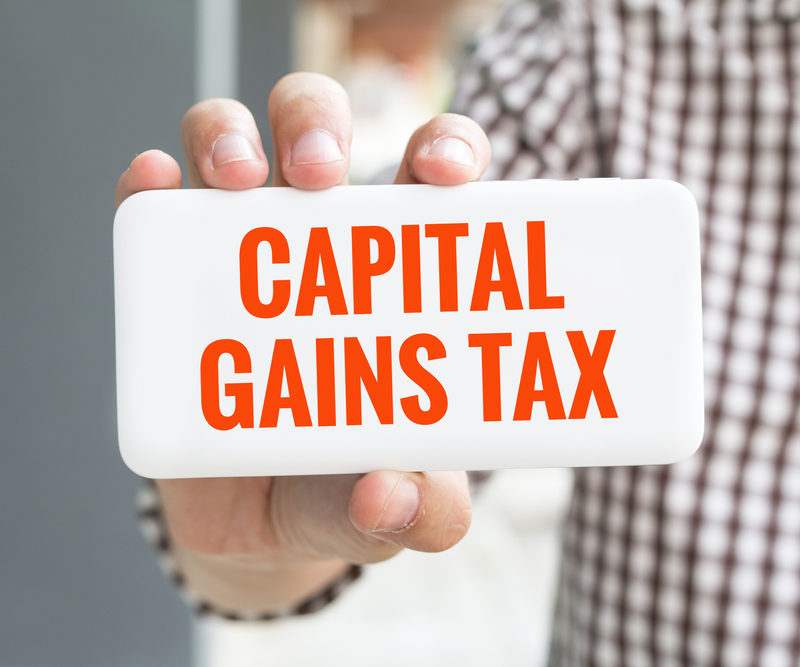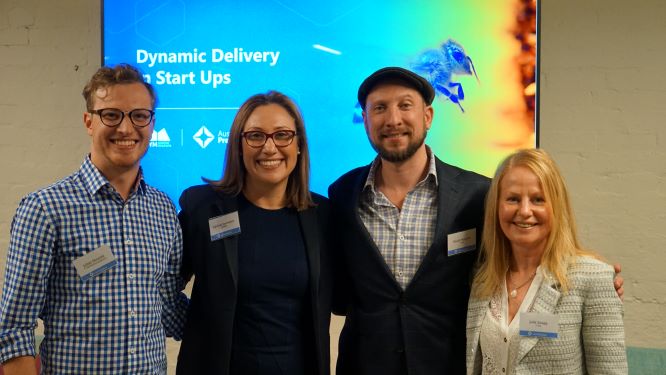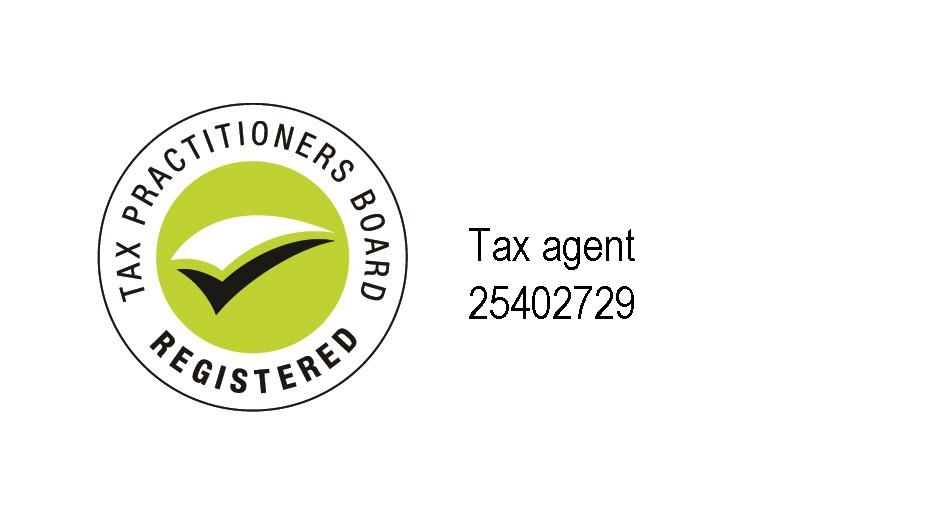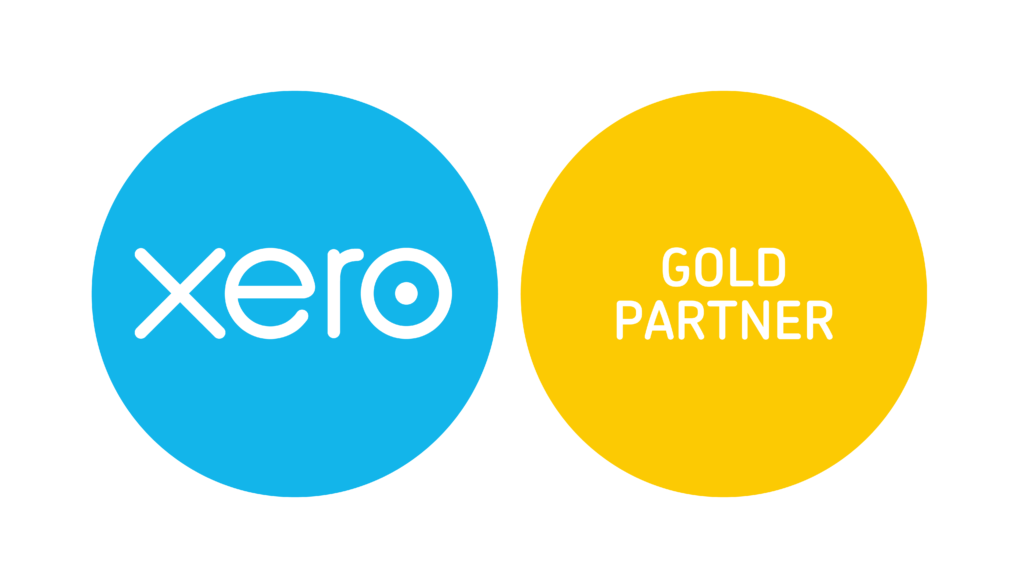Capital Gains Tax and Concessions for Business

Capital Gains Tax (CGT) is the tax that you pay on any capital gain. It’s not a separate tax, just part of your income tax. But as a small business, you may be eligible for capital gains tax (CGT) concessions for ‘active assets’ you use to conduct business.
The most common way of making a capital gain or loss is by selling assets, like property or vehicles, which trigger a CGT event, for example:
- you sell an asset or give it away to someone else
- an asset you own is lost or destroyed
- shares you own are cancelled, surrendered or redeemed
- you stop being an Australian resident
- a company makes a payment (not including dividends paid to shareholders)
- if your home is a place of business, you may trigger a CGT event if you sell it
Treasury Laws Amendment (Tax Integrity and Other Measures) Bill 2018
In 2018, the federal Government passed the controversial Treasury Laws Amendment (Tax Integrity and Other Measures) Bill 2018, affecting small business CGT concessions. The aim was to provide relief and surety to small businesses that were facing the likelihood of thousands of dollars in CGT.
The changes aimed to introduce ‘integrity measures’ for small business owners selling their ventures and assets, including laws to make it more difficult for non-SME owners to take advantage of the significant concessions and, tests to determine if a business is “active” prior to being sold.
Today, if you are a small business owner taking advantage of the CGT concessions when selling your business, you can have the capital gains tax significantly reduced if you meet the criteria of one of the four concession areas.

discussion on Dynamic Delivery in Startups. Watch the full panel discussion here.
CGT Concession Criteria
There are four CGT concessions that allow you to disregard or defer some or all of a capital gain from an active asset used in a small business:
- 15-year exemption: If you’ve 55 or over, retiring or permanently incapacitated and you’ve owned an active asset continuously for 15 years, there will not be an assessable capital gain when you sell the asset.
- 50% active asset reduction: capital gains on an active asset can be reduced by 50%. This is in addition to the 50% CGT discount if you’ve owned it for 12 months or more.
- Retirement exemption: Capital gains from the sale of active assets are exempt up to a lifetime limit of $500,000. If you’re under 55, the exempt amount must be paid into a complying super fund or a retirement savings account.
- Rollover: If you sell an active asset, you can defer all or part of a capital gain for two years, or longer if you acquire a replacement asset or incur expenditure on making capital improvements to an existing asset.
In addition to the four small business CGT concessions, there is a small business restructure rollover, which allows the transfer of active assets on or after 1 July 2016 (including CGT assets) from one entity to another, without incurring an income tax liability. As a business owner, you can access this concession if your aggregated turnover is less than $10 million.
These concessions are available when you dispose of an active asset and any of the following apply:
- you’re a small business with an aggregated annual turnover of less than $2 million
- your asset was used in a closely connected small business
- you have net assets of no more than $6 million (excluding personal use assets such as your home, to the extent that it has not been used to produce income).
It is important to note that there are other basic eligibility conditions you must meet to qualify for the concessions and further, additional conditions you must meet to apply the concessions when you dispose of shares in a company or units in a trust. As a business owner, you can apply as many concessions as you’re entitled to, until the capital gain is reduced to nil however there are rules about the order in which you apply the concessions, current year or prior year capital losses and, the CGT discount.
Step 1 – You must first satisfy one of the following:
- you’re a small business entity with an aggregated turnover of less than $2 million
- your CGT asset is used in a small business entity with which you are affiliated or connected (passively-held assets). In this case you don’t carry on the business (other than as a partner).
- you’re a partner in a partnership that is a small business entity and the CGT asset is a partnership assets, or an asset you own, which is not an interest in a partnership asset but is used in the business.
Step 2 – The asset in question must satisfy the active asset test.
Step 3 – If the asset is a share in a company or an interest in a trust, it must meet additional conditions.

discussion on Dynamic Delivery in Startups. Watch the full panel discussion here.
Share in a Company or Trust
To be eligible for the small business capital gains tax (CGT) concessions when the CGT asset is a share in a company or interest in a trust, you must meet the basic conditions for the small business CGT concessions and also the following additional conditions for a share in a company or interest in a trust.
- Additional conditions for the small business CGT concessions
- CGT concession stakeholder
- The 90% test
- Modified active asset test
- Capital gains made before 8 February 2018
Step 1 – Just before the CGT event, either:
- you were a CGT concession stakeholder in the company or trust
- CGT concession stakeholders in the company or trust had a total small business participation percentage in the entity claiming the concession of at least 90% (the 90% test).
Step 2 – You either:
- carried on a business just prior to the CGT event
- meet the maximum net asset value test
Step 3 – The company or trust must either:
- be a CGT small business entity for the income year
- meet the maximum net asset value test
Step 4 – Your shares or interest must meet a modified active asset test
You are a CGT concession stakeholder of a company or trust if you are either:
- a significant individual
- the spouse of a significant individual and you have a small business participation percentage in the company or trust that is more than zero.
You can hold the participation percentage directly or indirectly through one or more interposed entities. You work out the participation percentage in the same way as the significant individual test explained below.
You are a significant individual in a company or trust if you have a small business participation percentage in the company or trust of at least 20%. This 20% can be made up of direct and indirect percentages. A company or trust meets the significant individual test if it had at least one significant individual just before the CGT event.
To access the small business 15-year exemption, the company or trust must have had a significant individual for periods totaling at least 15 of the years that the CGT asset was owned.
Capital gains made before 8 February 2018
If you made a capital gain relating to shares in a company or an interest in a trust before 8 February 2018, there are fewer conditions you need to meet to be eligible.
If you have any questions or need advice and clarity specific to your business, feel free to contact Semmens & Co on 03 8320 0320 for a free consultation.







